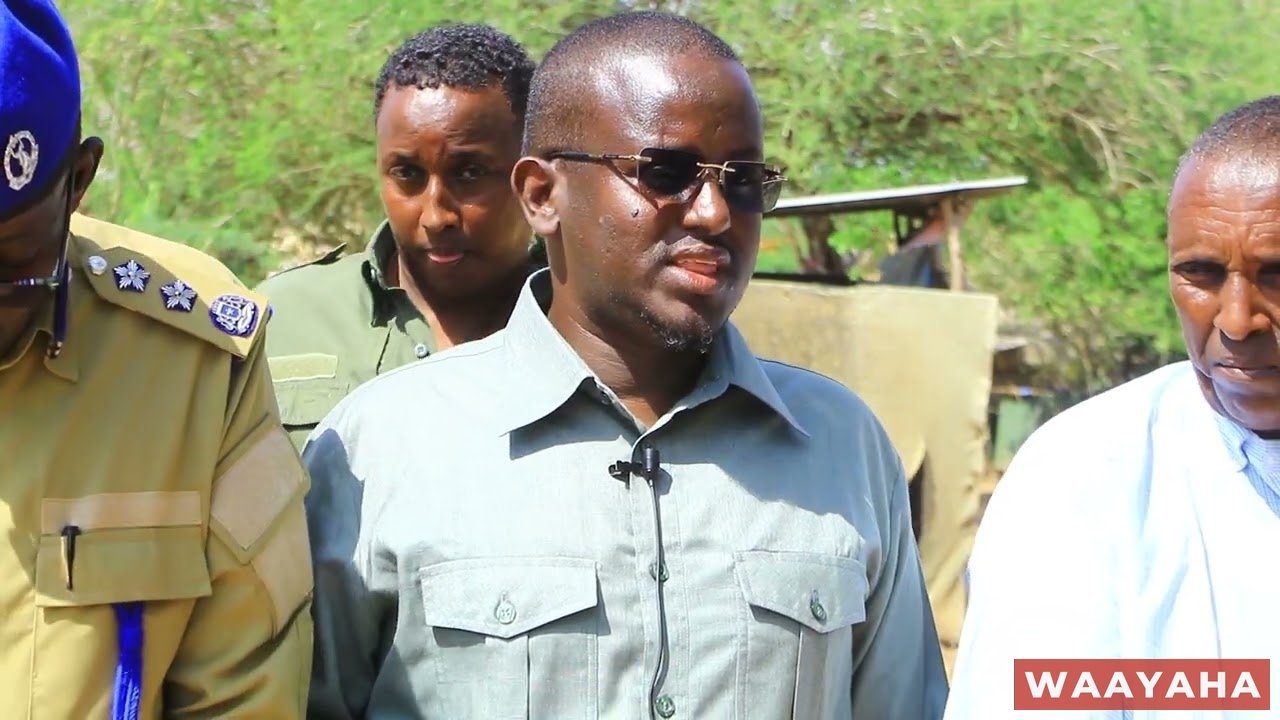In a historic move towards restoring peace and stability in southern Somalia, traditional Somali elders have spearheaded a remarkable reconciliation process, bringing together warring factions that have been embroiled in a prolonged conflict. This unprecedented effort, undertaken in the Banaadir region, has paved the way for a comprehensive peace agreement and a unified front to address the challenges facing the region.
The journey began with the elders convening the first meeting, where they laid the groundwork for negotiations between the two opposing sides. This initial gathering proved to be a pivotal step, as it facilitated subsequent meetings with the respective military leaders of the factions, who expressed their commitment to pursuing a peaceful resolution.
Through a series of four meetings, the elders engaged in intensive negotiations, fostering an environment of trust and open dialogue. Their unwavering dedication and impartial approach played a crucial role in bridging the divide between the warring parties.
A significant breakthrough occurred when the military forces from both sides agreed to unite under a single command structure. This historic decision marked a turning point in the reconciliation process, as it symbolized a shared commitment to peace and a willingness to set aside past grievances for the greater good of the region.
During the negotiations, the elders emphasized the importance of accountability and justice. They made it clear that any individual responsible for inflicting harm or committing atrocities against the civilian population would be held accountable, regardless of their affiliation. This stance underscored the elders’ commitment to upholding the principles of fairness and ensuring that the reconciliation process addresses the grievances of all affected communities.
The elders also highlighted the devastating impact of the conflict on the civilian population, with over 30 people reported to have lost their lives in a single district. This stark reality served as a poignant reminder of the urgent need for a lasting solution and the imperative to prioritize the safety and well-being of the people.
As part of the reconciliation efforts, the President of the South West State, Abdiaziz Hassan Mohamed Laftagareen, pledged to ensure that the rights of those affected by the conflict would be upheld. He acknowledged the suffering endured by the youth and vowed to provide them with the necessary support and opportunities, recognizing their crucial role in building a peaceful and prosperous future.
Furthermore, the President committed to integrating the unified forces into the South West State’s security apparatus, granting them official ranks and positions within the state’s security structures. This integration process aims to foster a sense of ownership and responsibility among the former combatants, empowering them to become active participants in maintaining peace and stability.
The elders have emphasized the importance of accountability and justice, stating that anyone found responsible for inflicting harm or committing atrocities against the civilian population will be held accountable, regardless of their affiliation. This stance underscores the elders’ commitment to upholding the principles of fairness and ensuring that the reconciliation process addresses the grievances of all affected communities.
As the reconciliation process continues to unfold, the elders have called upon all parties involved to embrace unity, cooperation, and a shared vision for a peaceful and prosperous southern Somalia. They have urged the former combatants to put aside their differences and work together towards rebuilding their communities, restoring trust, and fostering an environment conducive to sustainable development.
This historic reconciliation effort serves as a powerful testament to the resilience and determination of the Somali people. By embracing traditional conflict resolution mechanisms and engaging in inclusive dialogue, the elders have demonstrated the potential for lasting peace and stability in the region. As the process moves forward, the international community’s support and commitment to the reconciliation efforts will be crucial in ensuring the successful implementation of the agreed-upon measures and the long-term sustainability of the peace accord.













